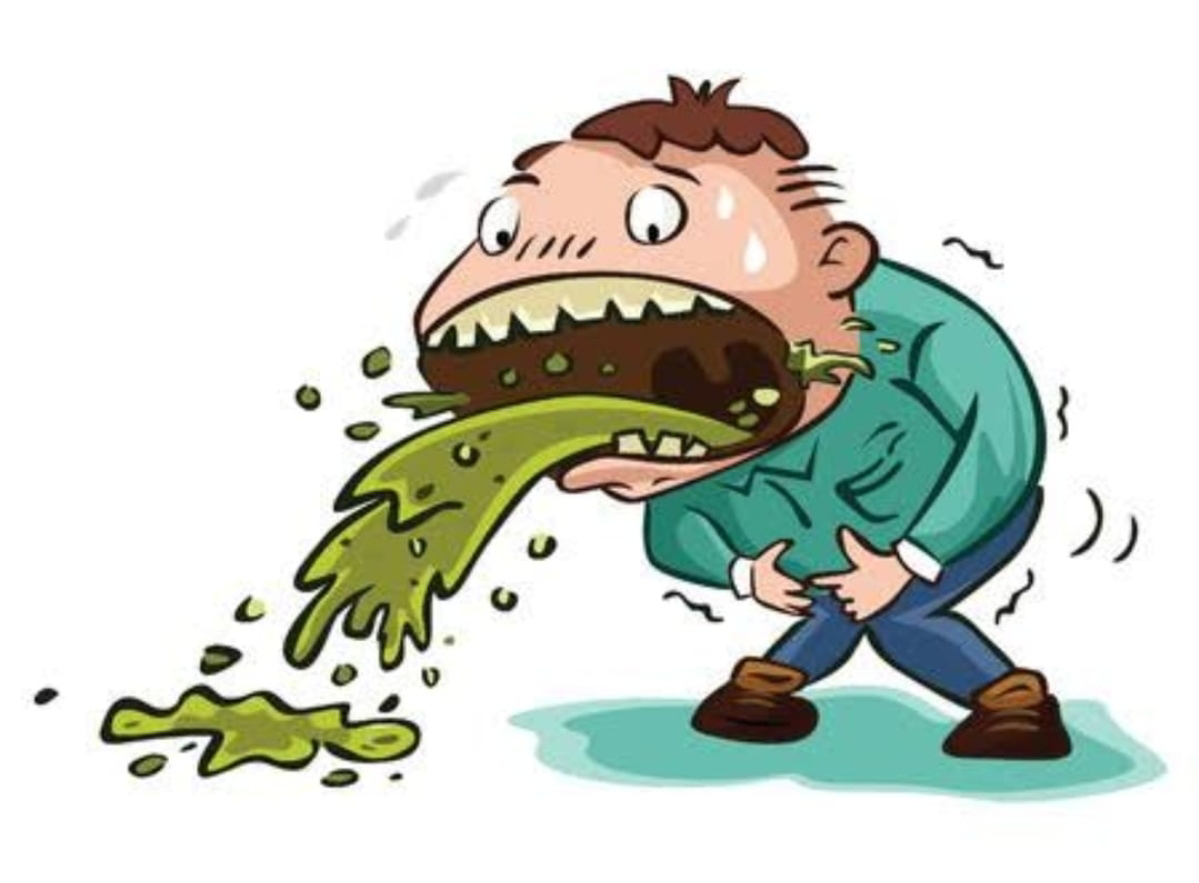PUS, ABSCESS AND BOIL; WHAT ARE THEY?

Pus Pus is a thick, milky, yellowish or greenish fluid that forms in an infected area of your body. This could be on your skin or inner body tissues and organs. Acne is an example of a skin condition which usually contains pus. When you "pop a pimple", it is common to see pus as its content. Pus is made up of dead white blood cells, bacteria, debris from your body tissues and serum. White blood cells fight off bacteria and in the process, some of the white blood cells are killed. During this fight (which can also be called inflammation) between your white blood cells and bacteria, some of your organ cells are destroyed, these cells are the tissue debris. When inflammation is ongoing, your blood vessel becomes permeable allowing more immune cells (fighting cells) to reach the area of combat (area of infection). This permeability of your blood vessels also allow nutrient and clear fluids from your blood to reach the area of infection. Nutrients help in regeneration...
